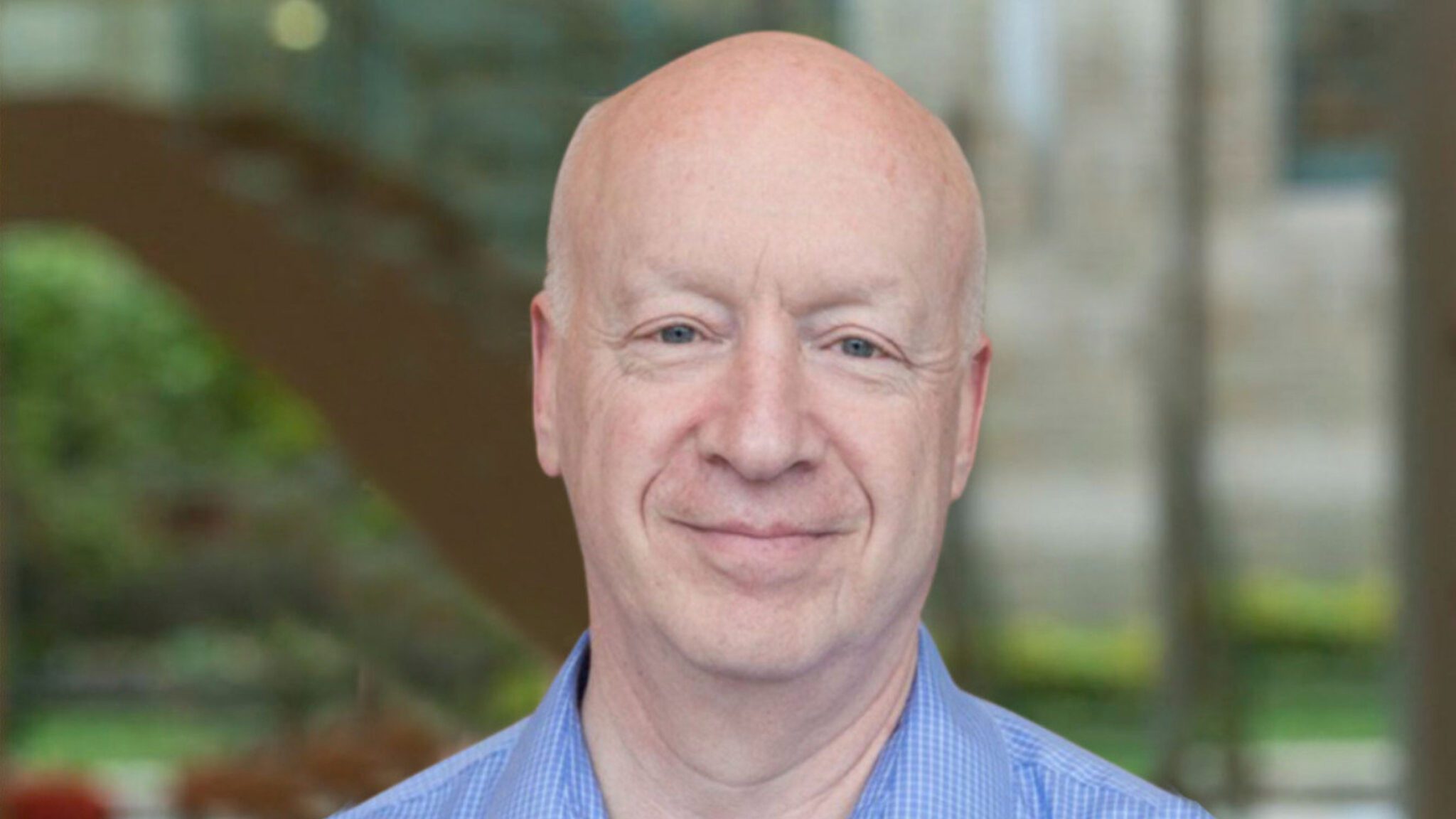
Lloyd Klickstein, Versanis Bio CEO
A Novartis castoff drug gets new life at an Atlas-backed startup looking to blaze a trail in obesity
After decades of failure, the obesity field is finally seeing some major progress with the success of a stable of GLP-1 diabetes drugs showing clinical …
Sign up to read this article for free.
Get free access to a limited number of articles, plus choose newsletters to get straight to your inbox.